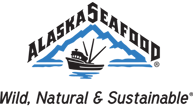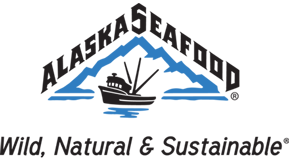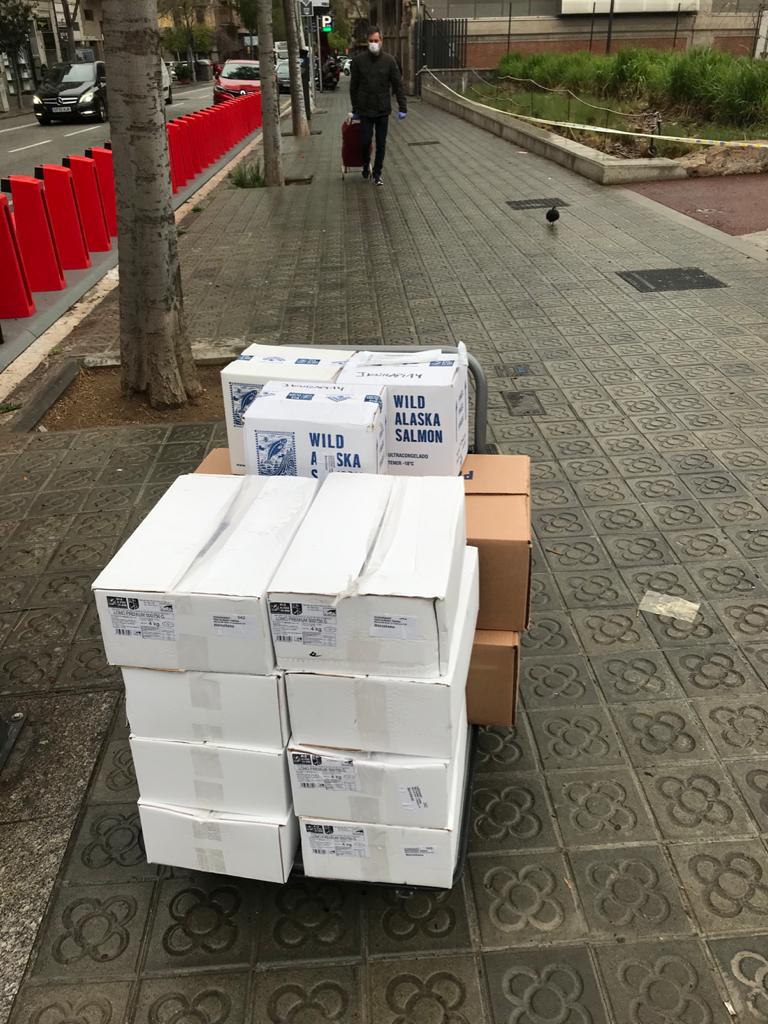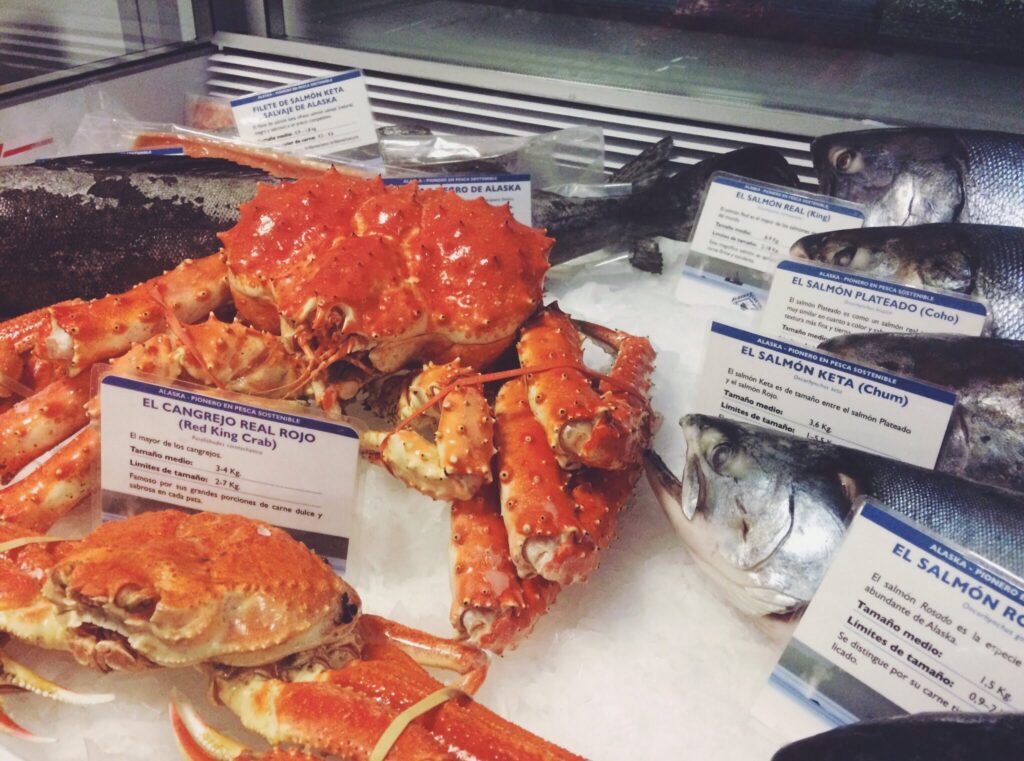How is TRACEABILITY verified?
Traceability can be verified using various methods including: affidavits, customer audits, and third-party audits.
Company statement or affidavit
The customer asks his supplier to indicate, in writing, the confirmation of origin. The customer relies on the certification (affidavit or declaration) from the supplier that they comply with the applicable state, federal and international laws that guarantee traceability.
Customer audit
This verification method can be done in two general ways. The basic method is for the customer to visit the supplier’s office and review the supplier’s files (fish tickets, landing reports, processing records, purchase orders, shipping lists, invoices, etc.) regarding the products that the customer buys. The most advanced level is for the customer to visit the supplier’s processing plants (near fishing grounds) and manufacturing facilities (away from fishing grounds) and carry out a physical verification of the traceability of the products.
Third party audit
The client hires the services of an external auditor and negotiates the desired degree (intensity) of the audit. The auditor visits the supplier’s plants, facilities and offices and conducts the required examinations and inspections. The auditor then reports the findings to the consumers/client.

